U Visa
U Visa for Victims of Criminal Activity
If you or your minor child were the victim of a serious crime in the United States, you and your family member may be eligible for a U visa.
What is a U Visa?
There is a widespread belief that immigrants without lawful immigration status have no rights. Many immigrants live in fear that reporting a crime will jeopardize their status, even when they are the victim of said crime. While caution is always advisable, immigrants do have rights and there are certain instances in which reporting a crime and cooperating with authorities allows the victim to apply for a special nonimmigrant status commonly referred to as a U Visa.
Who Qualifies for a U Visa?
To apply for a U Visa, you must have been the victim of a qualifying criminal activity. Even if the crime did not take place, an attempt, conspiracy or solicitation to commit the crime in question is enough to apply for the U Visa. Second, you must have suffered mental or physical abuse as a result of this criminal activity. Third and last, you must cooperate with the local authorities in the investigation or prosecution of the crime. While the U Visa is only available to people who are admissible in the United States, a waiver is available for those who do not meet this requirement.
The U Visa is available to victims of crimes such as kidnapping, sexual assault, rape, blackmail, torture, stalking, and prostitution, among others. Close family members and spouses of victims may also apply for and receive a derivative U Visa once nonimmigrant status has been granted to the victim.
Which Family Members Qualify?
If you are under 21 years old, your spouse, unmarried children under 21, parents, and unmarried siblings under 18 also qualify for a U visa.
If you are over 21 years old, your spouse and unmarried children under 21 will qualify for a U visa.
The U Visa Process – The U Certification Requirement
The U nonimmigrant status makes you eligible to apply for a green card after three years if you meet certain requirements. Your family members or spouse with derivative U Visas can also request an adjustment of status under similar conditions.
This U visa is a two-step process. The first part of the U visa process requires that the Department of Justice or another law enforcement officer (police, District Attorney or Prosecutor) sign the certification for a U visa. The law enforcement officer is certifying that you were helpful in the investigation. It does not require the perpetrator to be arrested or convicted of the crime that you were a victim of. If the law enforcement officer signs the certification, then you will have six months to file your visa application.
What are the Benefits of the U Visa?
• Work permit for U visa applicants and the qualifying family members with a pending U visa application
• State Driver’s license
• Waivers of inadmissibility issues
• Once the visa application has been approved, four years of lawful status.
• Pathway to lawful permanent residency status once you have obtained your qualified lawful status
Like all immigration benefits, USCIS handles the application process and reviews the requested forms and documents. To hand in your U Visa application, you need to fill an I-918B form, which includes the signature of the local authorities certifying your cooperation in the case. The process for getting said certification varies not only from state to state, but at the local level.
At the Law Office of Dahlia Castillo, we have extensive knowledge of how the system works in North Carolina, and can help you get your certificate anywhere in the state. We can walk you through the entire U Visa application process, help you protect your interests and those of your loved ones as you move forward, and fight for your rights if the local authorities are hesitant to sign your I-918B form.
If you are in need of assistance after being the victim of a crime, and think you might qualify for a U Visa, we highly recommend you enlist the services of an expert U Visa attorney.
The Law Office of Dahlia Castillo handles U Visa cases in North Carolina, and we will do everything in our power to provide you with the legal representation and aid that you need during this stressful time.



